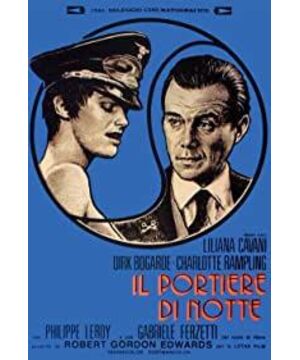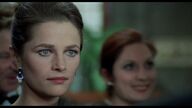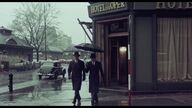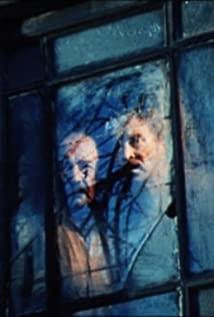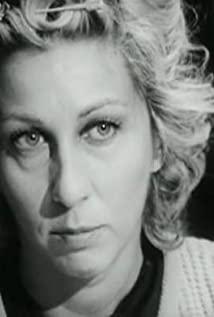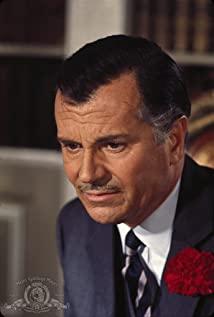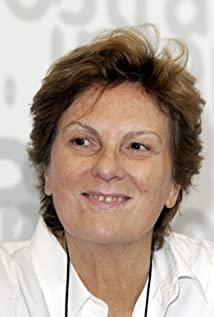In the concentration camp, men were NC officers with absolute authority. They abused women as prisoners in one direction, but the abuse methods used were not direct violence such as beatings, but more humiliation and intimidation.
But now, women have become witnesses who can denounce men. The power status of the two has been reversed, and their behavior has also changed: the man directly beats the woman twice, and the woman stabs the man with broken glass. Beating means the loss of the position of power, and only when the power no longer exists, it needs to be conquered by direct violent means. The woman who stabbed the man with broken glass slag is trying to switch between the abused subject and the abused subject, which means that she no longer passively becomes the abused, but can use her free will to determine her position. Later, there are two plots It also strengthened this suggestion. First, the woman was locked by the chain, but said "I came here voluntarily." Second, when the woman wanted to open the chain, she asked the man for the key to open it.
The story begins with sexual abuse in a concentration camp, but ends with the two men's choice when they meet again. The man could have chosen to hand the woman over to the Nazi remnants, and the woman could have chosen to report to the police for protection, but the two would rather hide in a room and have sex until they starved to death, and neither would choose one to live or the other to die. This may be the Stockholm-style masochist falling in love with sadism, or the ptsd factor, but it seems to be more than that, in which love, sex, sadism and masochism, and life are inseparable.
Men say I love you twice, women never say it once.
Also, the heroine is so pretty.
View more about The Night Porter reviews


